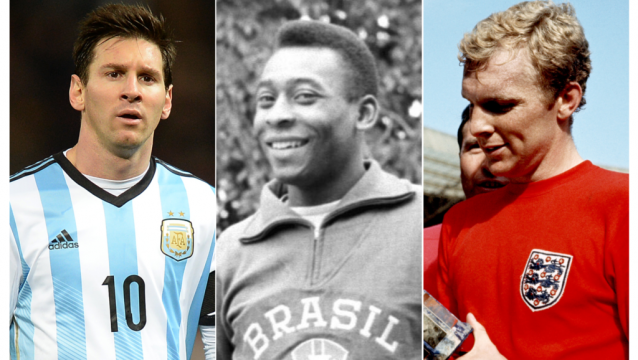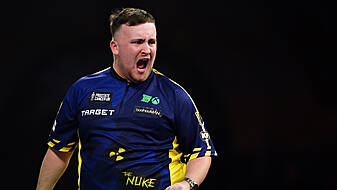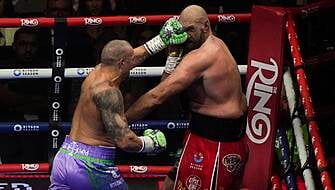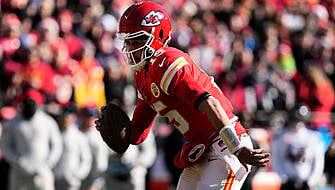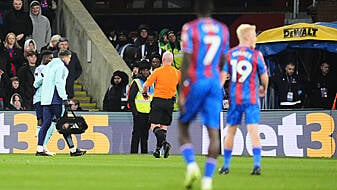A host of the best players on the planet will be in action at the 2022 World Cup in Qatar.
They will all be hoping to make a name for themselves alongside some of the greats who have featured in the showpiece tournament over the years.
Here, the PA news agency compiles a greatest all-time World Cup XI.
Lev Yashin
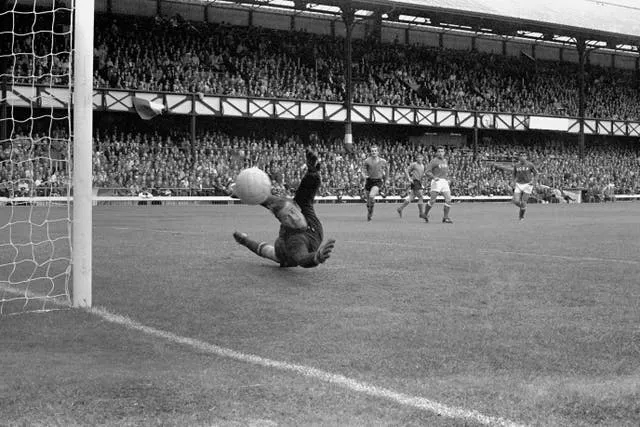
Yashin played in three World Cups for the Soviet Union, helping them to reach the quarter-finals twice, in 1958 and 1962, as well as the semi-finals in 1966. Dynamo Moscow stopper Yashin remains the only goalkeeper to win the European Footballer of the Year award.
Carlos Alberto
🌍🏆 FIFA World Cup iconic moments:
📆21 June, 1970
🏟️Estadio Azteca, Mexico City
Carlos Alberto finishes one of the greatest team goals ever scored as @CBF_Futebol beat @azzurri in the @FIFAWorldCup Final pic.twitter.com/wVYHzvAIRE— ITV Football (@itvfootball) June 13, 2018
Roving right-back Alberto scored one of the most memorable goals in the history of the World Cup. It was his powerful angled drive, completing a brilliant team move, which sealed Brazil’s 4-1 win over Italy in the 1970 final at the Azteca Stadium. Alberto went on to lift the Jules Rimet Trophy, which was Brazil’s to keep following a third World Cup triumph in Mexico.
Paolo Maldini
Italian defender Maldini played at four World Cups and could operate across the backline. A superb tackler and also graceful on the ball, Maldini helped the Azzurri reach the semi-finals of Italia ’90 and – four years later – was part of the side which finished runners-up to Brazil in the United States.
Bobby Moore

Regarded by Brazil great Pele as the toughest defender he ever faced, Moore captained Sir Alf Ramsey’s side to victory on home soil against West Germany at Wembley in 1966. Moore, who spent most of his club career at West Ham, skippered England again at the 1970 World Cup, memorably coming up against Pele during the group stage in Guadalajara.
Franz Beckenbauer

‘Der Kaiser’, renowned for his positioning and distribution, played in three World Cups – including the 1966 final defeat to England and in the semi-final loss to Italy four years later, arm in a sling with a broken collarbone. Beckenbauer eventually got his hands on the trophy when West Germany won the World Cup on home soil in 1974. He later also managed Die Mannschaft to success at Italia ’90.
Johan Cryuff
43 years ago.. @FIFAWorldCup final.
Player of the tournament, 2-striped shirt & Total Football was put on the map! #14forever #CruyffLegacy pic.twitter.com/ZkZPfEZg8j— Johan Cruyff (@JohanCruyff) July 7, 2017
Dutch playmaker Cruyff produced a series of brilliant performances at the heart of the Netherlands team playing ‘Total Football’ under Rinus Michels which dazzled their way to the 1974 final. Cruyff, European Footballer of the Year three times, won a penalty inside the opening minute – but the Oranje could not hold out as hosts West Germany mounted a memorable comeback at the Olympiastadion in Munich.
Zinedine Zidane
Zinedine Zidane was pure class for the hosts at France 1998, performances that helped earn him the FIFA World Player of the Year award.
Relive his finest hour when we show 🇧🇷🆚🇫🇷 in full at 16.00CET on the FIFA World Cup Facebook page
👉https://t.co/JoHLuXszwy pic.twitter.com/n7wZxUHwgP— FIFA World Cup (@FIFAWorldCup) April 20, 2018
While Zidane’s World Cup story ended in ignominy when he was sent off in the 2006 final for headbutting Italy defender Marco Materazzi, the French midfielder was integral to Les Bleus memorable 1998 success in Paris. Gifted with grace and power on the ball in equal measure, Zidane scored twice, both headers, as Brazil were beaten 3-0 at Stade de France and was voted FIFA’s World Player of the Year.
Lionel Messi

Considered a natural successor to Argentina great Diego Maradona, Messi was the driving force behind the run to the World Cup final in 2014, captaining the side in Brazil. Yet despite collecting the Golden Ball award as the best player of the tournament, there would be no repeat of Mexico ’86 as Germany ground out a 1-0 victory after extra-time at the Maracana.
Diego Maradona
🧙♂️ Maradona Magic 💫
🗓 #OnThisDay in 1986, Diego Maradona scored one of the greatest goals of all time
👀 Let's take a closer look at "El Pibe de Oro's" immortal 11-second dash#WorldCup | 🇦🇷 @Argentina pic.twitter.com/6pnlBiPYC4— FIFA World Cup (@FIFAWorldCup) June 22, 2020
Love him or loathe him, Maradona was at the height of his powers as captain of the triumphant 1986 Argentina squad. He scored one of the most memorable individual goals in the quarter-final win over England – following on from one of the most controversial with his ‘Hand of God’ – before eventually lifting the trophy after defeating West Germany. There were, though, tears four years later as the Germans edged out Argentina 1-0 in Rome and Maradona was sent home from the 1994 World Cup in the USA after a positive drugs test.
Thomas Muller

Bayern Munich frontman Muller was arguably Germany’s most influential player of recent times as they reached the semi-finals in 2010 before going on to win the World Cup four years later. His five goals in South Africa secured the Golden Boot as well as the Best Young Player award. In Brazil, Muller provided another five as Germany swept to a fourth World Cup triumph.
Pele
The greatest? PELÉ, a Netflix original documentary, coming 23 February. 💛💚💙 pic.twitter.com/FFGEXCTskv
— Netflix UK & Ireland (@NetflixUK) February 4, 2021
A three-time World Cup winner, Pele is widely regarded as the greatest of them all. As a 17-year-old in 1958, he became the youngest player to feature in a World Cup final and scored two goals as Brazil beat hosts Sweden. After injury limited his impact in the 1962 success and then limping off at Goodison Park as Brazil crashed out in 1966, Pele took a starring role in the fabled 1970 team to cement his place in World Cup history.
